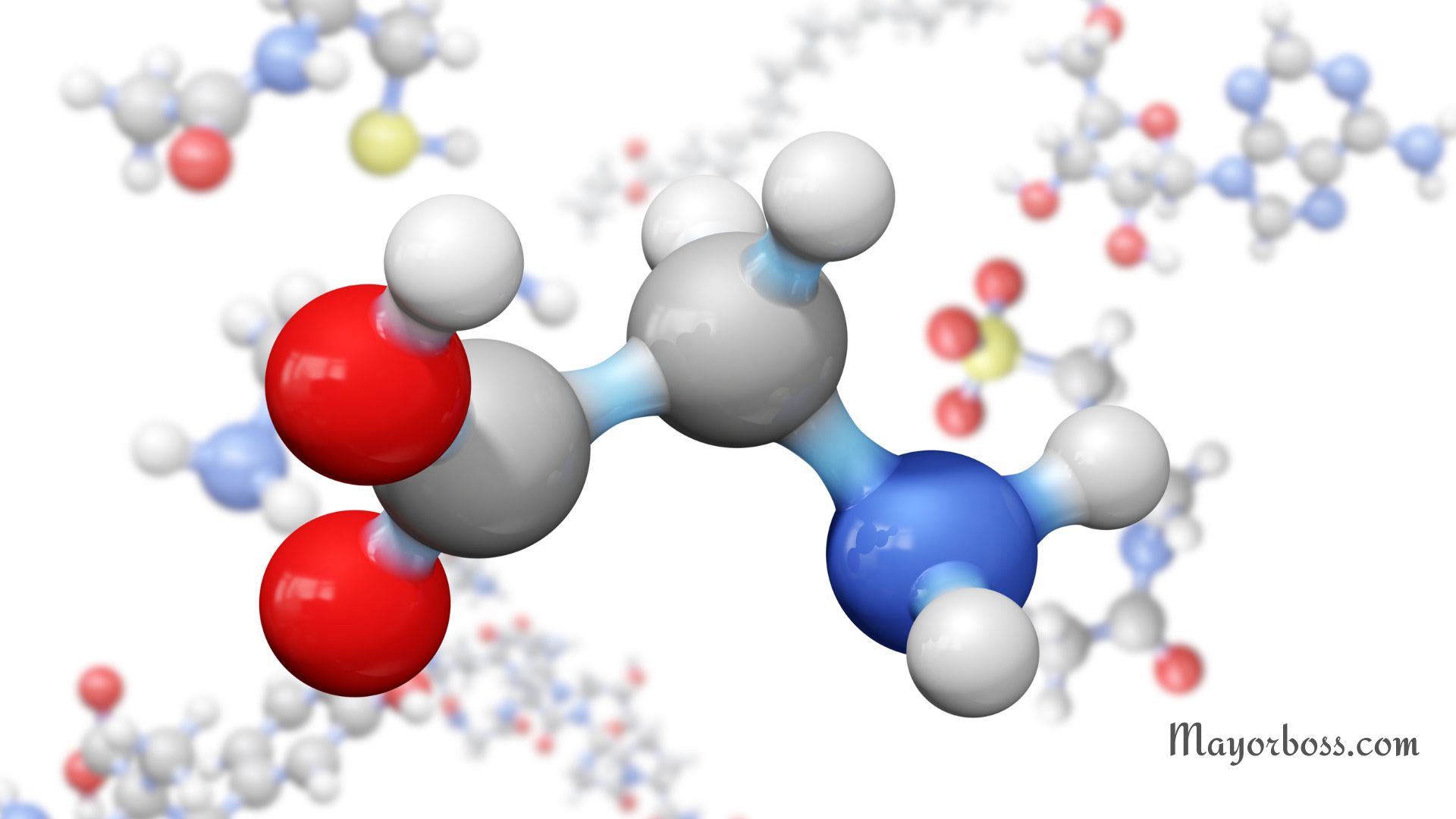What Are Peptides?
Peptides are fascinating and essential components in the world of biology and health. Let’s explore what they are, how they work, and why they are important for your body.

What Are Peptides?
Peptides are defined as short chains of amino acids, the building blocks of proteins. However, they are smaller than proteins, typically made up of 2 to 50 amino acids. Now, you might be wondering, “What’s the difference between a peptide and a protein?” Well, the key difference lies in their size. Proteins are larger, consisting of more than 50 amino acids, whereas peptides are smaller.
How Peptides are Formed
Your body makes peptides through a process called protein synthesis. This process begins with your DNA, which contains the instructions for making proteins. These instructions are transcribed into messenger RNA (mRNA) and then translated into amino acids. These amino acids are linked together in a specific order, creating peptides.
The Role of Peptides in Your Body
Peptides play numerous roles in your body, and their functions are as diverse as their structures.
Hormonal Activity
Some peptides act as hormones, which are chemical messengers in your body. For instance, insulin is a well-known peptide hormone that regulates blood sugar levels.
Immune Response
Peptides also play a crucial role in your immune system. They help your body recognize and respond to foreign substances, like bacteria and viruses.
Other Functions
Additionally, peptides are involved in various other bodily functions, including digestion, healing, and skin health. For example, collagen peptides are vital for skin elasticity and wound healing.
Peptides in Medicine and Research
In recent years, peptides have gained attention in medicine and research for their therapeutic potential.
Medical Uses
Peptides are used in treatments for a range of conditions, from diabetes (like insulin therapy) to multiple sclerosis. They offer a unique advantage because of their specificity and lower likelihood of causing adverse side effects compared to some traditional medications.
Research and Future Potential
Scientists are actively researching peptides for their potential in treating various diseases, including cancer and heart disease. The versatility and specificity of peptides make them promising candidates for developing new, targeted therapies.
Peptides in Dietary Supplements
Types of Peptide Supplements
There are various types of peptide supplements available, each with specific benefits. For example:
- Collagen Peptides: Popular in the beauty and wellness industry, collagen peptides are known for supporting skin, hair, and joint health.
- Creatine Peptides: Often used by athletes and bodybuilders, these peptides can help in building muscle and improving athletic performance.
- Other Specialized Peptides: Some supplements target specific health issues, such as improving sleep or boosting immune function.
Benefits and Uses
People take peptide supplements for several reasons, such as:
- Enhancing Skin Health: Collagen peptides, for example, can help maintain skin elasticity and reduce wrinkles.
- Muscle Growth and Recovery: Certain peptides aid in muscle building and faster recovery after exercise.
- General Health: Some peptides are believed to boost overall health, including improving digestion and bolstering the immune system.
Peptides in Foods
Natural Occurrence
Peptides naturally occur in many foods. When you eat protein-rich foods, your body breaks down the proteins into peptides and amino acids. Common sources include:
- Meat and Poultry: Chicken, beef, and pork contain peptides that can be beneficial for health.
- Fish and Seafood: Besides being rich in omega-3 fatty acids, seafood is a good source of peptides.
- Dairy Products: Milk, cheese, and yogurt are not only rich in calcium but also contain bioactive peptides.
- Plant-Based Sources: Legumes, beans, and whole grains are excellent sources for those following a vegetarian or vegan diet.
Bioactive Peptides in Foods
Bioactive peptides in foods can have various health benefits, like antioxidant, antimicrobial, and anti-inflammatory properties. For instance, casein and whey proteins from milk contain peptides that can help regulate blood pressure.
Conclusion
So, peptides are more than just small chains of amino acids; they are vital components of your body’s functioning. They play crucial roles in everything from hormone regulation to immune responses. Additionally, their potential in medicine and research is vast and still being explored. Whether it’s understanding their role in your body or exploring their medical applications, peptides are undoubtedly fascinating and significant.
